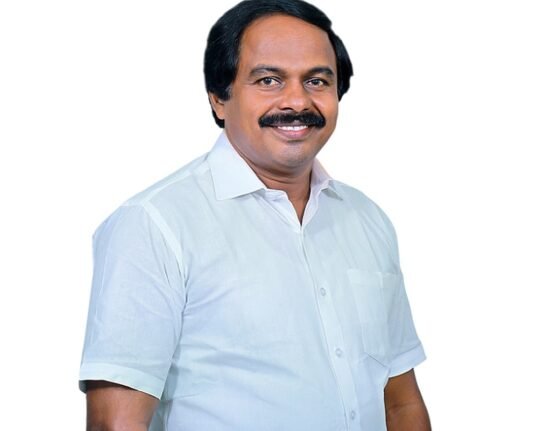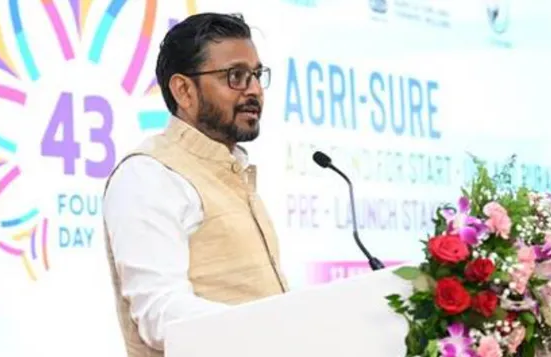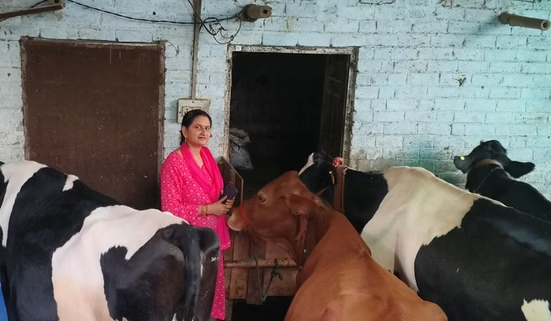New Delhi, April 8 ‚ÄĒ As India and the United States pursue an ambitious bilateral trade agreement aimed at reaching USD 500 billion in two-way trade by 2030, India is actively exploring the use of World Trade Organization (WTO)-compliant non-tariff barriers (NTBs) to protect its dairy industry from potential U.S. market access.
A senior government official confirmed that sensitive sectors such as dairy and agriculture are being carefully insulated during negotiations. ‚ÄúSome items like dairy will be caught in NTBs for India,‚ÄĚ the official told Moneycontrol, adding that both the Ministry of Commerce and the Ministry of Finance are working in tandem to uphold domestic interests.
‚ÄúThis gives India a legitimate ground to keep dairy out of the agreement, while still offering concessions in other areas,‚ÄĚ the official stated.
ūüáģūüá≥ūü•õ India‚Äôs Cultural and Food Safety Standards at the Core
At the heart of India‚Äôs resistance is a cultural and regulatory divergence‚ÄĒspecifically, the fact that many U.S. dairy cattle are fed animal-derived proteins, which runs contrary to Indian religious and ethical values. India enforces strict certification rules ensuring that imported dairy products come from vegetarian-fed animals, a policy that has been repeatedly upheld in past trade negotiations.
These barriers‚ÄĒoften viewed in the West as restrictive‚ÄĒare in fact legitimate under WTO rules when tied to public health, food safety, or cultural concerns. India has used this reasoning consistently, including in negotiations with Australia and the European Union, where dairy market access for products like cheese and skimmed milk powder was firmly resisted.
ūüďČ Despite High Production, India‚Äôs Global Dairy Footprint Remains Modest
Despite being the largest milk producer in the world, India‚Äôs presence in global dairy trade is minimal‚ÄĒaccounting for just 0.25% of global dairy exports. In FY2022‚Äď23, India exported dairy products worth over ‚āĻ2,200 crore, with only a negligible share going to the U.S. market.
The trade imbalance is further strained by residual tensions from the 26% tariff imposed by the Trump administration on Indian goods, which still casts a shadow over the talks. Indian exporters remain concerned about reciprocal treatment, even as India seeks broader cooperation in other strategic areas such as clean energy, digital trade, and pharmaceuticals.
‚öĖÔłŹ Strategic Protection, Not Protectionism
India’s approach, experts suggest, is not an attempt at protectionism but a strategic defense of domestic norms. By embedding NTBs into its trade architecture, New Delhi aims to safeguard public sentiment, protect rural livelihoods, and maintain sanitary and phytosanitary (SPS) standards without falling afoul of multilateral rules.
As negotiations evolve, the dairy clause may well become a litmus test for how far trade liberalization can go while still respecting cultural sovereignty in a globalized economy.
Related article: US raises concern at India’s dairy certificate requirement at WTO РDairyDimension РDairy Dimension







